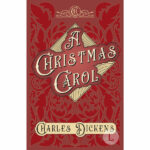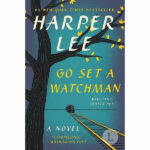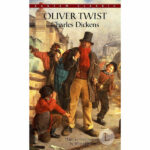Jane Eyre, a classic novel by Charlotte Brontë, tells the story of a young orphaned girl’s personal journey toward self-discovery, love, and independence in 19th-century England. Through its vividly drawn characters, compelling narrative, and exploration of themes such as social class, gender roles, morality, and the struggle for self-actualization, Jane Eyre has become a celebrated work of literature that continues to resonate with readers across generations.
BOOK INFO
version: CLASSIC, EBOOK, AUDIOBOOK
number of pages: 352
literary movement: VICTORIAN
literary genre: BILDUNGSROMAN
1st edition: 1847
SUMMARY
The novel is narrated by its protagonist, Jane Eyre, who begins her story as an orphan living with her cruel aunt and cousins at Gateshead Hall. After enduring years of mistreatment, Jane is sent to Lowood Institution, a charity school for orphaned girls, where she encounters further hardship but also forms a deep bond with her friend Helen Burns. Despite the adversity she faces, Jane perseveres, eventually becoming a teacher at Lowood and later seeking employment as a governess.
Jane’s quest for independence leads her to Thornfield Hall, where she is employed as a governess for the ward of the enigmatic and brooding Mr. Edward Rochester. Over time, Jane and Rochester develop a deep connection, and their relationship blossoms into love. However, their path to happiness is fraught with obstacles, including the revelation of a dark secret from Rochester’s past that threatens to tear them apart.
Throughout the novel, Brontë explores the complexities of Jane’s character, as she navigates the challenges of her social position, gender, and moral principles. As an orphan and a woman in 19th-century England, Jane faces significant barriers to self-actualization and personal freedom. Despite these challenges, she remains steadfast in her convictions and pursuit of independence, ultimately forging her own path and defying societal expectations.
In addition to its exploration of Jane’s personal journey, the novel also delves into themes of social class, gender roles, and morality. Brontë critiques the rigid social hierarchy of 19th-century England, exposing the injustices and hypocrisies of the era’s social norms. Moreover, the novel serves as a powerful commentary on the limited opportunities and expectations placed on women in the 19th century, with Jane serving as a symbol of strength, resilience, and defiance in the face of these constraints.
MAIN CHARACTERS
Jane Eyre
The protagonist and narrator of the novel, Jane is an orphan who grows up facing adversity and mistreatment. She is strong-willed, intelligent, and deeply moral. Throughout the story, she seeks love, family, and a sense of belonging while maintaining her independence and principles.
Edward Rochester
The wealthy and enigmatic master of Thornfield Hall, Rochester is a Byronic hero with a troubled past. Despite his gruff exterior and hidden secrets, he falls in love with Jane and appreciates her intelligence and strength of character.
Mrs. Reed
Jane’s cruel and unloving aunt, who raises her after her parents’ deaths but treats her harshly and sends her to Lowood School, a strict and harsh institution for orphaned girls.
St. John Rivers
A kind and ambitious clergyman who rescues Jane when she is homeless and later discovers that they are related. He proposes marriage to Jane, but she refuses as she does not love him.
Diana and Mary Rivers
St. John’s sisters, who befriend Jane and provide her with love and support. They help her find her way back to her true self after her trials at Thornfield Hall.
Helen Burns
Jane’s close friend at Lowood School, who teaches her the value of endurance and forgiveness in the face of suffering. Helen dies young, but her influence on Jane is profound.
Bertha Mason
Rochester’s first wife, who is locked away in Thornfield Hall due to her violent madness. She serves as a foil to Jane and a symbol of the darker aspects of Rochester’s past.
Mr. Brocklehurst
The hypocritical and cruel headmaster of Lowood School, who preaches humility and self-denial while indulging in luxury himself.
Blanche Ingram
A beautiful and wealthy woman who initially appears to be a potential wife for Rochester. She represents the superficial values of high society that Jane rejects.
Adele Varens
Rochester’s ward, a young French girl who is under his care. Jane becomes her governess at Thornfield Hall, and they develop a close bond.
I am no bird; and no net ensnares me: I am a free human being with an independent will.
CHARLOTTE BRONTË
TOP 10 POINTS
- Bildungsroman: Jane Eyre is a classic example of a bildungsroman, or coming-of-age story, as it follows the protagonist, Jane, from her childhood to adulthood and her eventual self-realization.
- Social Commentary: The novel explores themes such as classism, gender roles, and morality, making it an important social commentary on 19th-century England.
- Gothic Elements: Charlotte Brontë employs Gothic elements such as supernatural occurrences, mysterious characters, and a gloomy setting to create suspense and atmosphere in the novel.
- The Byronic Hero: Edward Rochester, Jane’s love interest, is a prime example of a Byronic hero – a moody, passionate, and enigmatic character with a troubled past.
- Feminism: Jane Eyre is considered an early feminist novel, as it portrays a strong, independent female protagonist who values her self-respect and moral principles above societal norms and expectations.
- Love and Passion: The novel explores the theme of love and passion, illustrating the powerful emotional connection between Jane and Rochester despite their social differences.
- Religion and Spirituality: Throughout the story, Jane’s religious beliefs and spirituality play a significant role in shaping her character and guiding her actions.
- The Importance of Family: The theme of family is central to the novel, as Jane searches for a sense of belonging and ultimately finds it through her relationships with the Rivers family and her reunion with Rochester.
- Inner versus Outer Beauty: The novel explores the contrast between physical appearance and inner character, emphasizing the importance of inner beauty, intelligence, and kindness over superficial looks.
- Symbolism: Jane Eyre is rich in symbolism, with elements such as the red room, Thornfield Hall, and Bertha Mason serving as symbols for various aspects of Jane’s journey and character development.
In conclusion, Jane Eyre is a captivating and thought-provoking novel that offers a compelling exploration of one woman’s journey toward self-discovery, love, and independence in the face of societal expectations and personal adversity. With its richly drawn characters, engaging narrative, and exploration of universal themes such as social class, gender roles, and morality, the novel has become a beloved classic of literature that continues to inspire and captivate readers today.
MOVIE AND TELEVISION ADAPTATION
Jane Eyre has been adapted into numerous TV series and miniseries throughout the years, capturing the essence of Charlotte Brontë’s classic novel and bringing the story of Jane Eyre to life. Here are some notable adaptations:
- Jane Eyre (1983): This BBC miniseries starred Zelah Clarke as Jane Eyre and Timothy Dalton as Edward Rochester. With 11 episodes, the series was praised for its faithfulness to the original novel and the strong performances by the leading actors.
- Jane Eyre (2006): Another BBC adaptation, this four-part miniseries featured Ruth Wilson as Jane and Toby Stephens as Rochester. The series received acclaim for its production values, acting, and innovative approach to the story, including flashbacks and non-linear storytelling.
- Jane Eyre (2011): Although this is a film adaptation, it’s worth mentioning as it starred Mia Wasikowska as Jane and Michael Fassbender as Rochester. The film received positive reviews for its moody atmosphere, strong performances, and stunning cinematography.
These adaptations are just a few examples of how Jane Eyre has been brought to the small screen, continuing to enchant new generations of viewers with its captivating story of love, resilience, and personal growth.
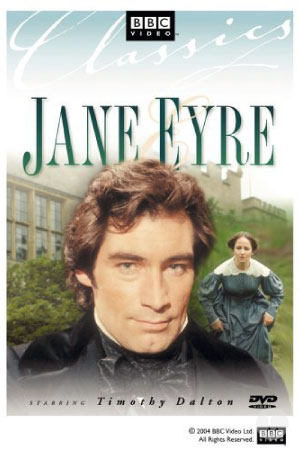
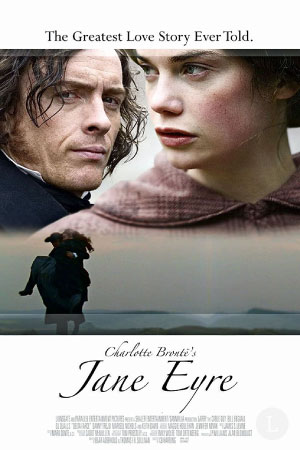
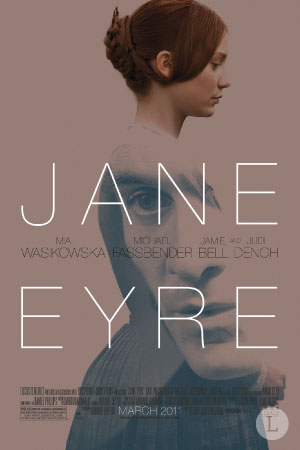
ABOUT WRITER
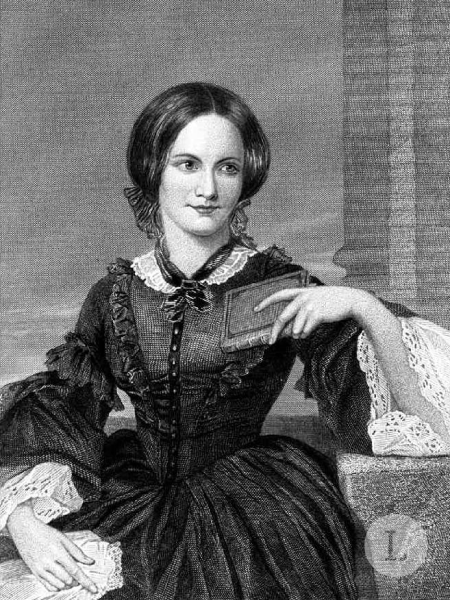
Embark on a journey through the life of Charlotte Brontë, the renowned British author best known for her groundbreaking novel Jane Eyre. Learn about her early years, her experiences as a writer, and the impact of her work on the literary world. Charlotte’s powerful storytelling and unforgettable characters have left a lasting impression on readers and continue to inspire generations of authors.

